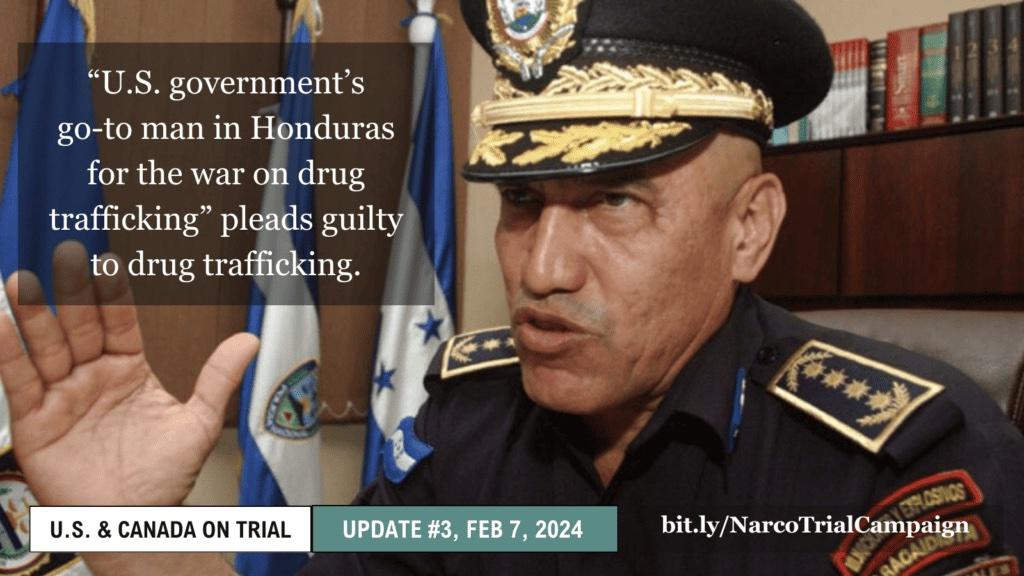The blog post discusses the challenges faced by small-scale avocado growers in Mexico, particularly those associated with bringing their produce to the US market. The author, Nicole Vitello, President of Oke USA, shares insights from her visit to PRAGOR, a Fairtrade avocado cooperative in Michoacán, Mexico.
The cooperative consists of 22 small-scale farmer members, each owning 15 hectares or less. The organization manages the purchase, packing, and export of avocados to the US through Equal Exchange. The pricing structure involves weekly negotiations between the general manager and farmers, with prices set by APEAM, a trade association. Organic avocados command a higher price in the export market.
Vitello emphasizes the unique approach of Equal Exchange in exclusively sourcing avocados from the co-op, negotiating prices in dollars, and avoiding brokers or middlemen. The cooperative follows Fair Trade principles, ensuring fair wages and conditions for farmers. The blog stresses the commitment to transparency, with avocados bearing the Equal Exchange logo and being packed in branded boxes labeled "Small Farmers, Big Change."
The post highlights the cooperative's focus on empowering small farmers as business people who take on risks beyond cultivation. Despite challenges, the supply chain aims to reflect the true cost of growing avocados, fostering a connection between consumers and the specific group of people involved in the production process. The author advocates for a deeper understanding of the avocado industry, shedding light on the complexities of pricing, market functions, and the farmers' role. Overall, the post underscores the cooperative's dedication to providing a genuine story about the origin and journey of avocados consumed in the US.

